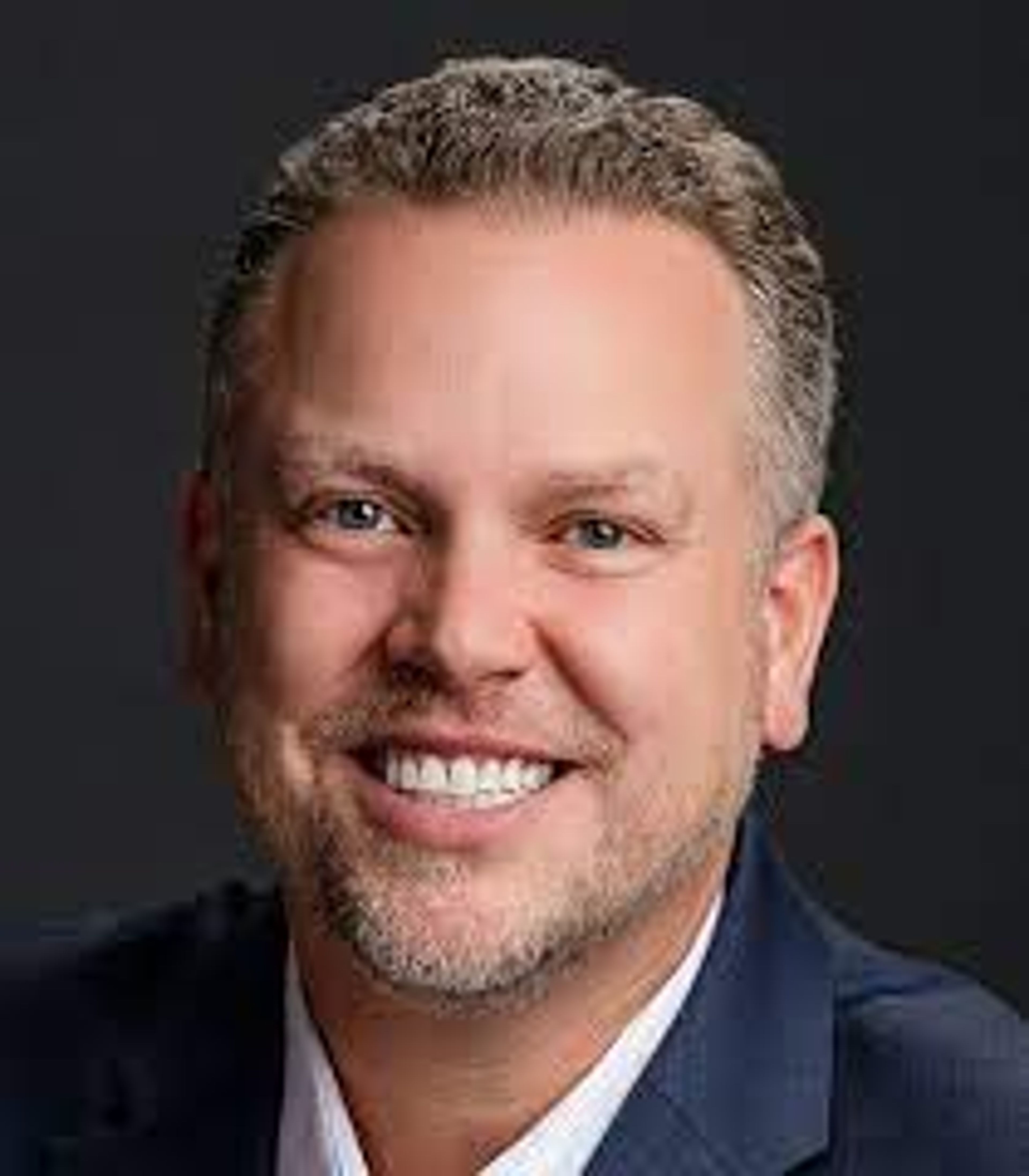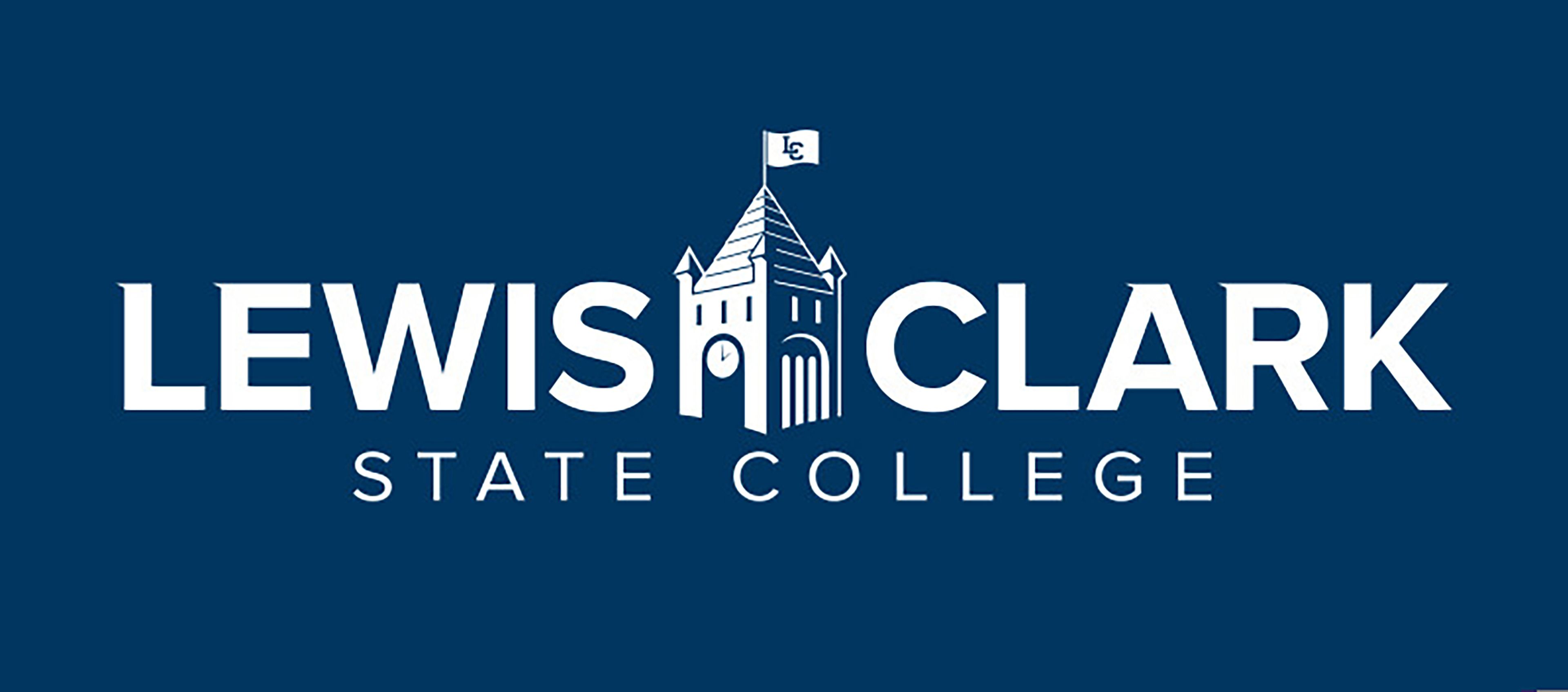Lawmakers recommend bill banning DEI in higher ed
Workgroup discusses semantics of prohibiting diversity curricula
BOISE — A legislative work group on DEI, diversity equity and inclusion, wrapped up its work Thursday as it voted to recommend a bill prohibiting DEI in higher education activities, services, offices, faculty or staff positions, training, and required courses, as well as in hiring and admissions.
Sen. Ben Toews, R-Coeur d’Alene, presented the proposed legislation, which was a slightly altered version of a draft he presented Jan. 9. The bill would be enforced by the Idaho attorney general as well as through private lawsuits.
DEI would mean anything implemented in accordance with concepts such as internalized racism, cultural appropriation, antiracism, systemic oppression, systemic racism, patriarchy, gender theory, and others.
The lone Democrat on the work group, Senate Minority Leader Melissa Wintrow, D-Boise, was the only “no” vote on recommending the bill, citing First Amendment concerns.
Toews and Wintrow debated back and forth at length during the nearly hour-long meeting Thursday.
Wintrow asked Toews about situations in which the prohibited concepts come up in classrooms, and about who would decide what could be said.
Toews responded, “There’s nothing being banned. The conversations still happen, the courses are still there. Students are simply allowed the ability to choose.”
The bill prohibits schools from establishing a DEI curriculum or courses that are required for any degree program, general education, minor, major or certificate requirements, unless the school’s board of trustees has expressly exempted the degree program as being “primarily focused on racial, ethnic or gender studies.”
There is an exception highlighted in the bill that schools may still designate centers, services, cultural events and scholarships for American Indian tribal member students.
Wintrow highlighted a 2022 11th Circuit Court of Appeals decision blocking a similar law passed in Florida, the Individual Freedom Act, known informally as the “Stop Woke” act — which banned businesses and schools from requiring diversity training, as well as other prohibitions.
Circuit Judge Britt Grant wrote in the opinion that, “The ideas targeted in Florida’s Individual Freedom Act are embraced in some communities, and despised in others. But no matter what the ideas are really worth, they define the contours of the Act.”
“By limiting its restrictions to a list of ideas designated as offensive, the Act targets speech based on its content,” Wilson wrote. “And by barring only speech that endorses any of those ideas, it penalizes certain viewpoints — the greatest First Amendment sin.”
The 11th Circuit does not have jurisdiction in Idaho, but Wintrow said she highlighted it because she is concerned the bill would place similar limitations on protected speech and invite litigation.
“I feel like what is going to happen is that we’re going to chill speech instead of really embrace it,” Wintrow said.
Toews argued that the bill would not silence speech but would place restrictions around students being required to take those courses. He said classroom discussions was protected, and underscored the section of the bill that said it should not be construed to limit research, creative works and academic freedom.
Rep. Barbara Ehardt, R-Idaho Falls, said Wintrow’s concern about chilled free speech was “exactly what we’ve been up against.”
“The speech of a conservative Christian or a Republican time and again has been speech that has been threatened,” Ehardt said.
Toews also described a class that his daughter was in during which a conservative student said she didn’t feel comfortable sharing her own political beliefs within the classroom’s conversations.
Wintrow responded, “What you’re saying is how I feel in this Legislature every day, and I am forced, in the minority all the time, to be super uncomfortable.”
She argued that the individual concerns in classrooms should be handled through the universities and administration, not through state legislation.
“It is very dangerous when the government starts to determine what you can teach, whether in this case — it’s more splitting hairs — it’s what you’re requiring,” Wintrow said, “But I can tell you, this is very chilling.”
The work group cannot officially introduce legislation so the bill will go through a standing committee and, if introduced by that committee, will come up for a public hearing.
Guido covers Idaho politics for the Lewiston Tribune, Moscow-Pullman Daily News and Idaho Press of Nampa. She may be contacted at lguido@idahopress.com and can be found on Twitter @EyeOnBoiseGuido.









